
An astonishing selection of Alan Moore‘s original scripts and sketches for the landmark graphic novel, with copious annotations, commentary, and illustrations by Eddie Campbell.
Here for the first time are a set of pages, including some of Moore’s greatest writing, which have never been seen by anyone except his collaborator. Joining them are Campbell’s first-hand accounts of the project’s decade-long development, complete with photos, anecdotes, disagreements, and wry confessions. Arranged in narrative order, these perspectives form a fascinating mosaic, an opportunity to read FROM HELL with fresh eyes, and a tour inside the minds of two giants of their field.
…but then they would, wouldn’t they?
To get the real story, I wrote to Eddie Campbell, who did all the actual heavy lifting on this book, to see what he had to say about it. Along the way we discussed Bryan Talbot, Steve Moore’s middle name, and whether or not Hayley Campbell turned out normal…
Pádraig Ó Méalóid: Tell me about The From Hell Companion.

PÓM: What prompted you to do this now?

PÓM: The thing with a book like The From Hell Companion, is it gives us a look at the process – I mean, people who say things like ‘I’ve read everything that Alan Moore has written’ couldn’t be more wrong, because what he wrote was the script, which they rarely get to see. What they’ve actually read is his script as processed through an artist – you in this case – so the opportunity to get a look at some of the process of the conversion of Alan’s raw script into the finished product is always an interesting and illuminating one.
EC: Yes, this is a book about processes. I bring the reader in on a couple of problems that have to be solved and show possible solutions as we go along. From Hell is like a huge big machine with a nice clean orderly front panel. And when you unscrew it and take that off, beneath it you see a complex of wires and cogs and moving parts caked with lubricant. That’s the Companion. After only seeing the front panel for years, this new version of the machine makes the whole thing interesting in ways you never thought of before.

PÓM: I’ve been having a quick look through the pdf you sent me, and there are a few things that I’m particularly taken with. There’s the research photos of London, with Alan and Steve (no relation) Moore, for a start. And there’s a few places where you compare and contrast your original illustrations with scenes from the film. There’s a sort of common theme here, of things going from one medium to another.
EC: (No relation) has become Steve’s official name, have you noticed that? He should have it made permanent by deed poll. Yes, from one medium to another. I also do a lot of putting Alan’s thumbnail sketches next to the finished page, both shown at approximately the same size. Alan made those all through the years, in his notebooks, not just for From Hell, for all his works, but the artist never got to see them. So there were some real revelations there for me when I got hold of them. Particularly in regard to how close they sometimes are to the finished page, and then there are some that I changed for one reason or other, and I tell the reader what the reasoning was for the changes. I show a lot of the thinking that went on behind the book, and draw the reader into the arguments between one thing and another. From Hell would be complicated enough just at the forensic level, but there are all these additional aesthetic complications. I make extra narrative layers out of it, new sub-plots. Like, for instance, how to you draw a character and at the same time say maybe she wasn’t there. The graphics of theory and guesswork is one of the running themes.

EC: That was a late addition. I thought I needed to shine a light of joy into the grimness of it all, so we ask, how did all of this look from a child’s perspective. Around about chapter six I became aware that my daughter was sitting in the room drawing her own version of the HORRORS. I don’t mean she was drawing From Hell. Her book was much more original than that. She was drawing a compendium of all the possible ways of dying. She drew over thirty of these before she ran out of steam. She was only seven after all, and had little experience of dying. But yeah, she seems quite normal. She must have got it all out of her system.
PÓM: I was talking to her about it just now, and she says she’d like to get it published. I know she’s working on a book about Neil Gaiman, at the moment [to be published by Ilex Press in March 2014]. Have you seen any of that?


EC: Who knows? But we’re missing a couple of chapters. I got around that in the Companion by filling in those spots with other stuff. I think also it would require a very serious scholarly interest to enable a person to read all of it like that. Inevitably a great deal of the script is essentially tending to the business of getting everything in the right place. I’ve selected the more exciting pieces of pure writing, and some of it really is very very good. For anybody interested in Alan’s work, there will be some great things in the book, most of it never seen before. And about the same amount again of my own theoretical stuff too. So there is a great deal here for anybody interested in the theory of what makes comics work. All those ‘literaries’ might learn a thing or two.
PÓM: Did you ever have any theories of your own about Jack the Ripper, about who it might have been, either before or after doing the book?
EC: My theory is that we cannot stand the idea that the universe is random, so we have invented god and conspiracy theories. We would prefer to believe that evil people are in control than that nobody is in control.

EC: I love making rules, just to see people’s reactions. Artists all want to be rule-breaking punks. So if I say ‘shave after your shower because then your face will have been already softened by the hot water’, they say ‘don’t tell me what to do, I’m going to do it the other way round, I’ll shave before my shower so that the spray washes away all the foam and shavings’. Or if I say ‘don’t get your socks wet or you’ll get feet cramps in your later years’ they’ll say ‘fuck you Dad, I’m going to stand in the puddles and see if you like it, yeah fuck you’. I picked on Bryan because now that he’s got that honorary doctorate he’ll definitely take umbrage at me thinking I know more than he does. ‘Eat shit Campbell!’ he’ll shout.
PÓM: Are these actually collected together anywhere?
EC: No. In fact I threw them out after the first time I wrote them. And then when I needed something to put on my blog I tried to remember them, except I gave the ones I could recall the wrong numbers, which I only know because my rough notes for the original set turned up later. But really, I think comics have become quite unreadable. The amount of effort required to get through one far outweighs the nutritional benefit. They are like celery in this respect. All those young turks should get more orderly in their storytelling. Then they’ll say, maybe them rules do make sense, maybe we should have been wearing the socks inside the shoes after all.
Anyway, there’s a lot of those technical arguments in the Companion, about why it was done one way instead of another. Stuff about the complicated organizational strategies you need to think about in doing long-form comics.

EC: They keep getting delayed. The Spanish edition will be out before the English language one.
PÓM: And there’s that book you published electronically, Dapper John. Are we ever going to see a physical edition of that?
EC: It’s an ebook [PÓM edits to add: Actually an iPad/iPhone App] because Russell Willis wanted to do it and nobody else was asking. I imagine everything will be ebooks eventually. And then print books will make an unexplainable comeback, like we are now seeing with vinyl.
PÓM: Is there anything else I should be asking you about? And forthcoming books I don’t know about, films, TV series, anything at all?
EC: There’s the book I’ve done with Neil Gaiman titled The Truth is a Cave in the Black Mountain. That’s another one that keeps getting delayed. It’s been ready to print for a year now.
PÓM: Thanks for taking the time to do this interview, Eddie.
EC: Thank you, Porridge. have I pronounced that right? You’re doing some fine work around the edges of our medium. Long may you continue!
…so now you know.


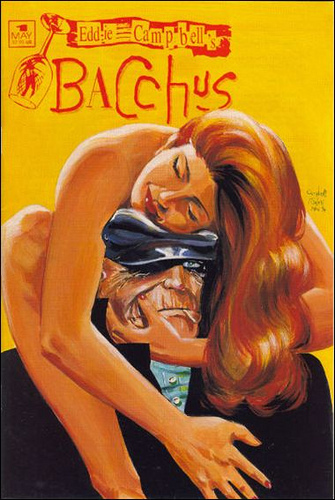
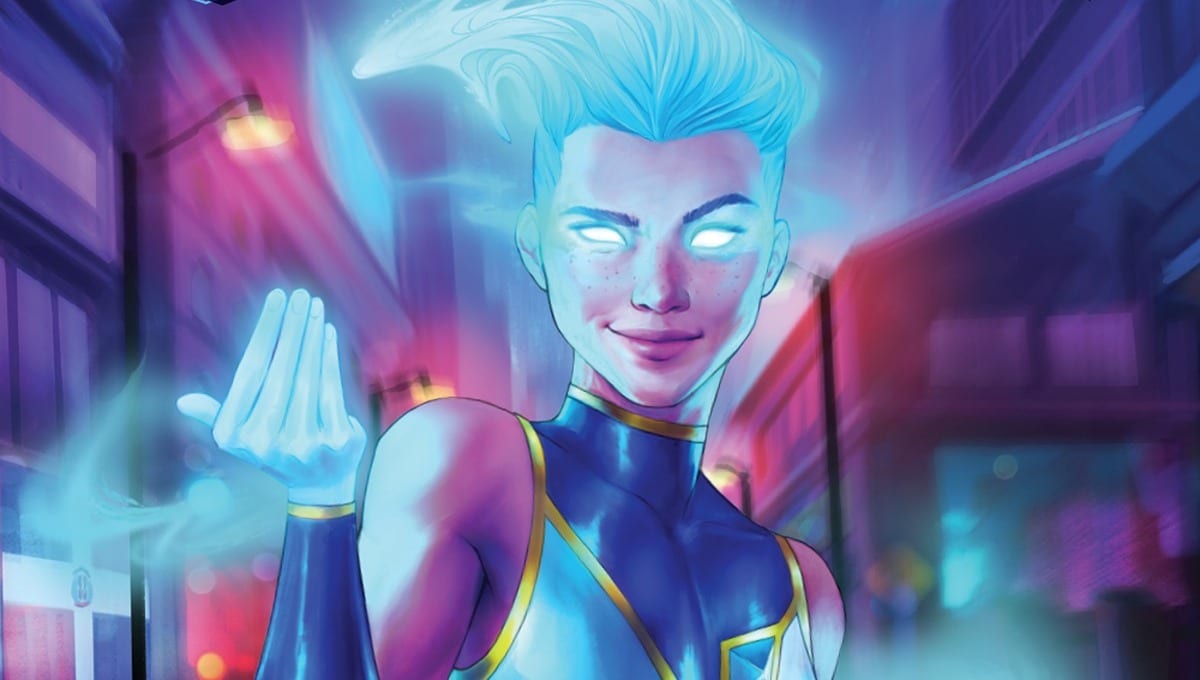
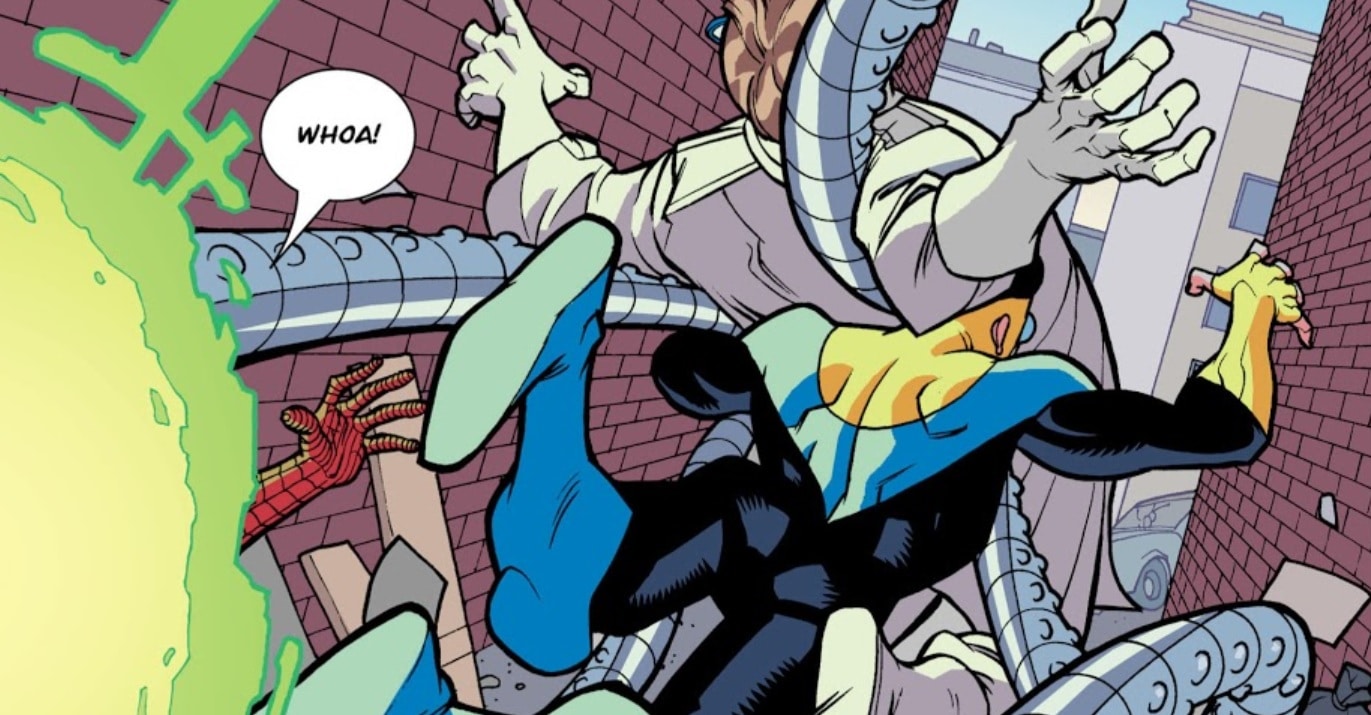
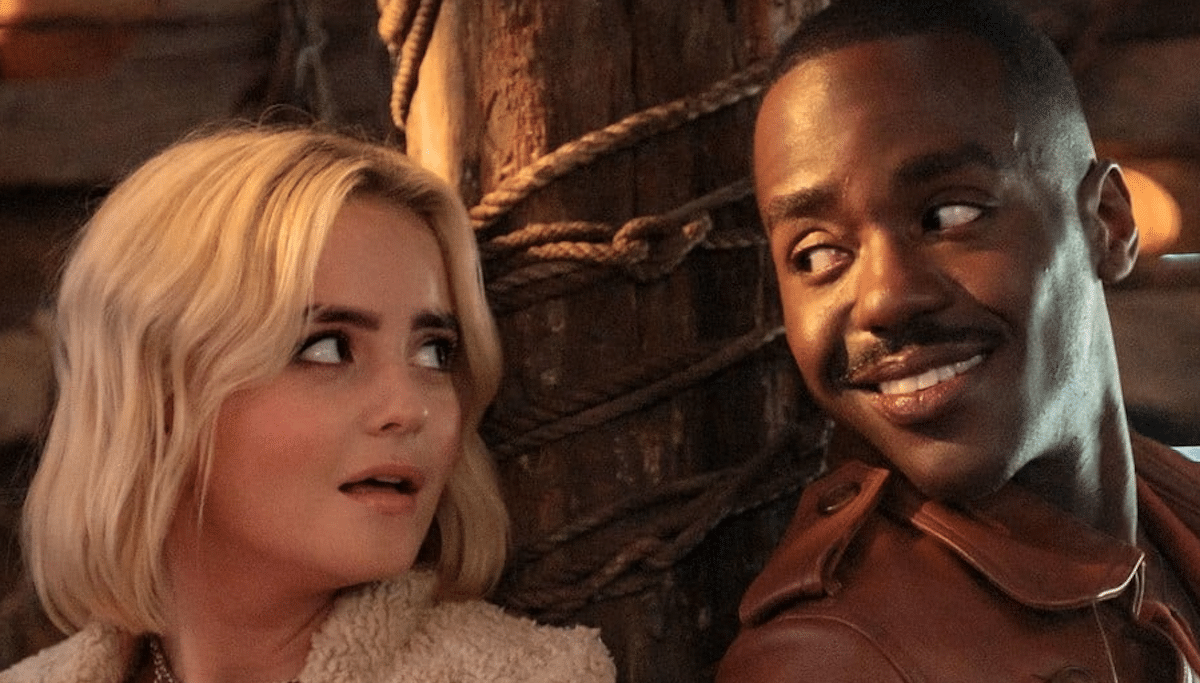
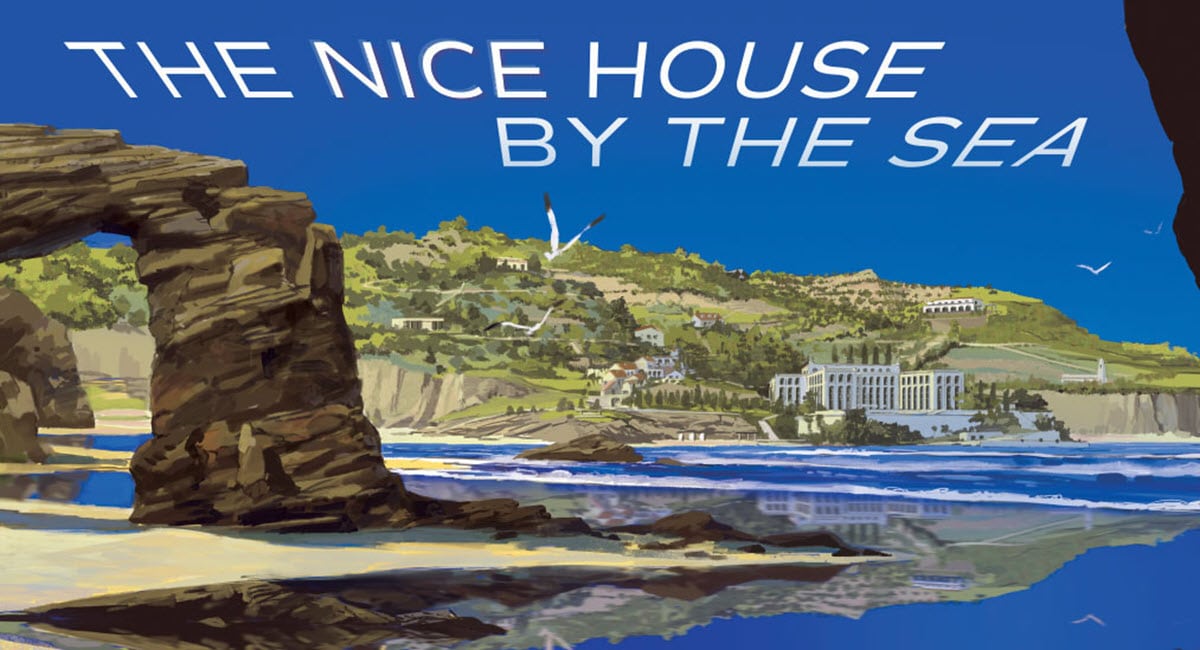
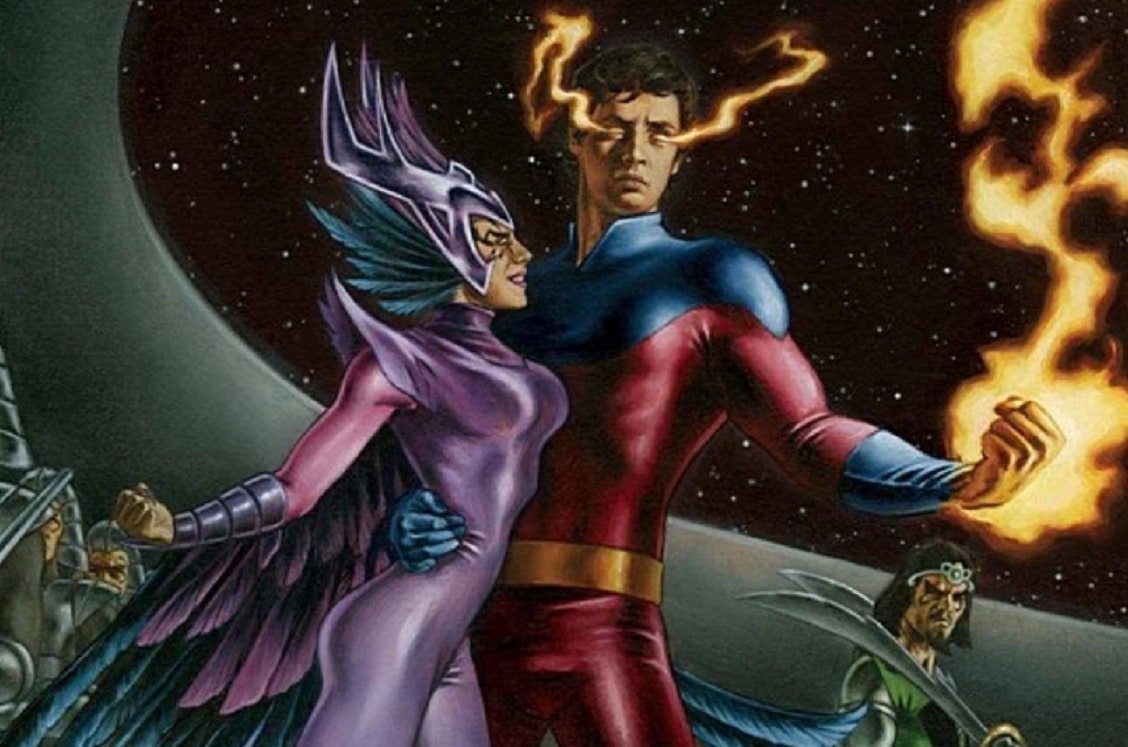
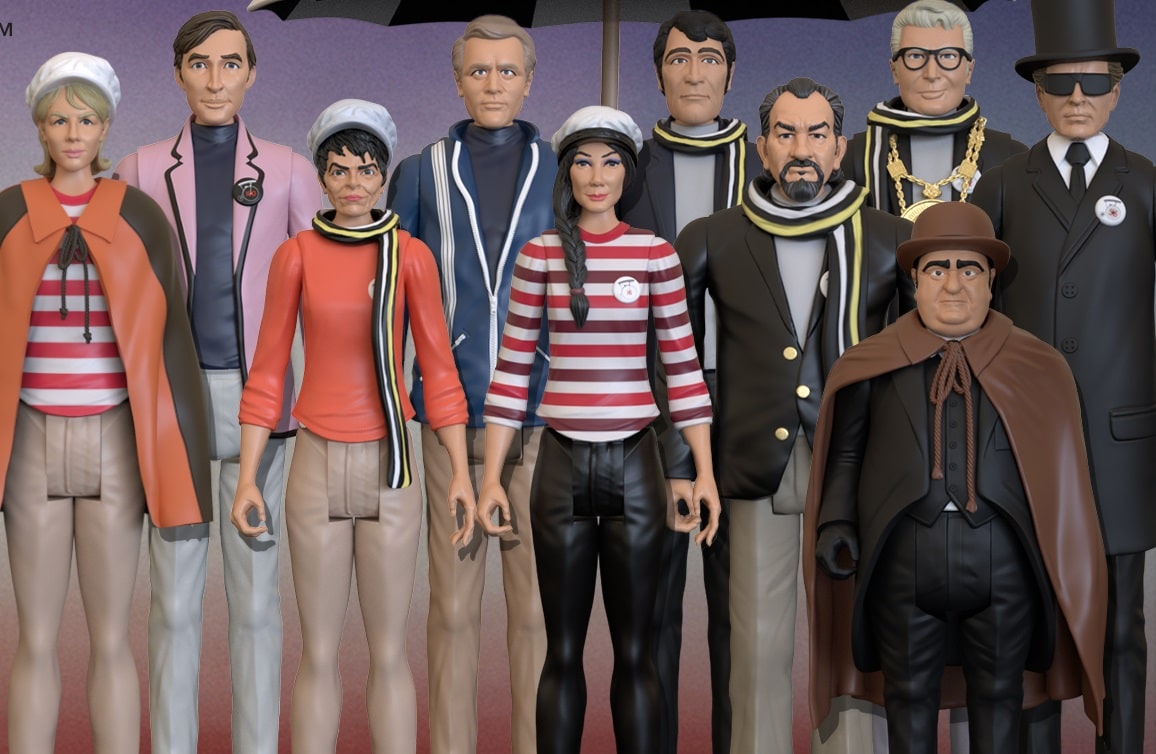

“My theory is that we cannot stand the idea that the universe is random…
>>
@Eddie Campbell
Not theory – empirical.
I LOVE Campbell’s work, his writings on work, his philosophies on life, everything. The guy’s a treasure. I’m also quite the Alan Moore fan, so to say I’m excited about the From Hell Companion is putting it lightly. It will be so much fun to read Campbell’s story about the story!
Yep, couldn’t agree more. I had quite the fight with him to get him to allow me to use that photo of him and his daughter Hayley, but I think the world is a better place for seeing it.
“My theory is that we cannot stand the idea that the universe is random, so we have invented god and conspiracy theories.”
This is the best thing I have read all day.
Oh, man. I can’t wait for this book. I love FROM HELL! And the comic wasn’t bad either ( I kid, I kid). I got to meet Eddie at Comic Con one year through our mutual pal Rich Henn (nexus of all comic realities) and he was a true gent.
I love Eddie’s drawing style it’s like fine art more than comic book, i’m very influenced by him at the moment, I learn alot from his technique, that scratchy pen thing, great stuff
Comments are closed.